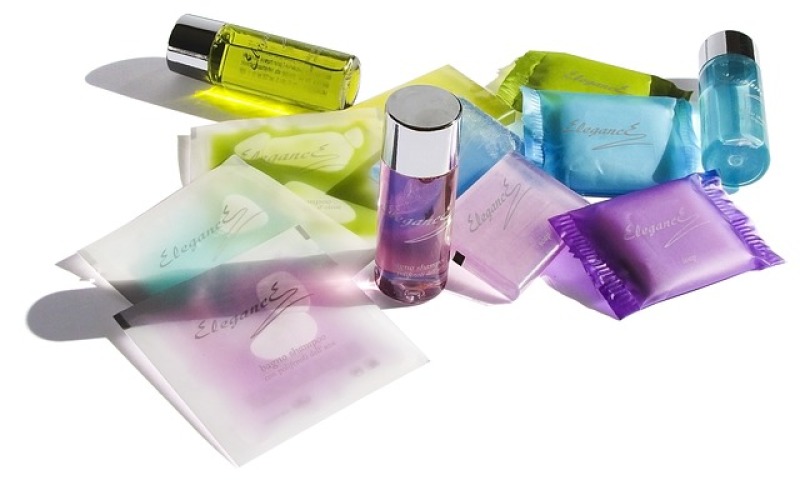
A team of researchers has discovered a chemical additive commonly found in cosmetic and personal care products such as shampoo and body lotion that can increase the risk of breast cancer development.
The findings of the researchers were detailed in a report published on October 27 in the journal Environmental Health Perspectives.
For the study, the researchers looked at how chemicals called parabens can contribute to the development of cancer. These chemicals are widely used as preservatives for a number of products used by people such as sunscreen, moisturizers, toothpaste and makeup.
They then took the parabens and mixed them with human cancer cells grown in laboratories. As explained by the researchers, previous tests conducted on lab animals revealed that parabens can bind to estrogen receptors. According to lead author Dr. Dale Leitman of the University of California, Berkeley, this phenomenon causes the cells to multiply and increase the risk of breast cancer, Live Science reported.
To gain a better understanding of the link between parabens and cancer, the researchers included the natural growth factor heregulin in the study. This compound has also been known boost the growth of breast cancer cells.
The researchers then took two samples of the cancer cells, one with parabens while the other was mixed with both heregulin and parabens.
After comparing the two, they discovered that the sample with both chemicals is 100 times more potent that the one with only parabens. This means a combination of parabens and heregulin can dangerously boost the growth of cancer cells in the body.
Due to the combined effects of parabens and heregulin on cancer cells, the researchers stressed that manufacturing companies should be careful regarding the use of parabens in their products. They also added that the levels of these additives should be re-evaluated.
But, despite their findings, Leitman noted that the study is based on animal tests and on cells grown inside labs. The same study but with human subjects could provide a different set of results since the added chemicals can also be affected by other compounds in the body.
"The real problem when you do studies in the laboratory is that you study one compound at a time, but in the body, that's not the case," Leitman told Live Science. "What you're seeing in the body is really a combination."
The researchers said that more studies need to be conducted in the future to accurately identify the effect of parabens on cancer cell growth.


















